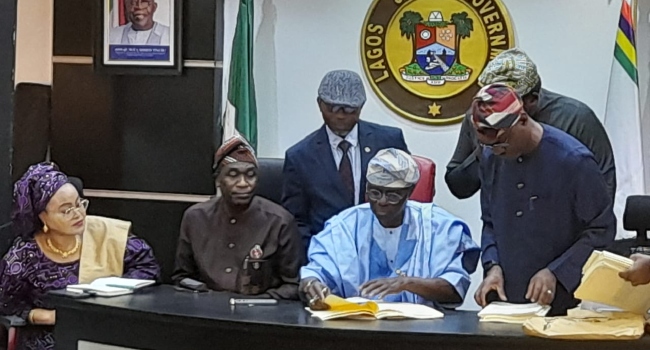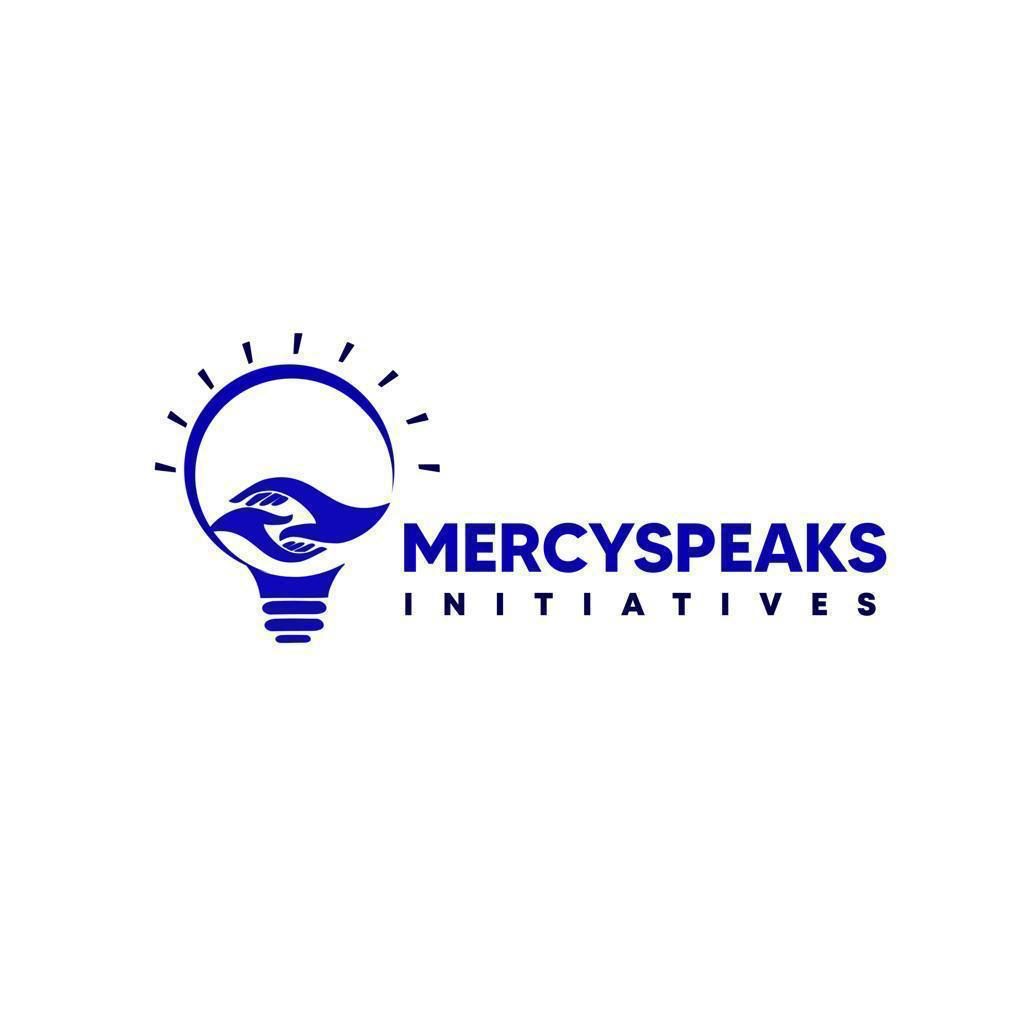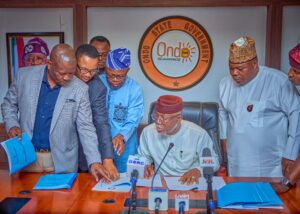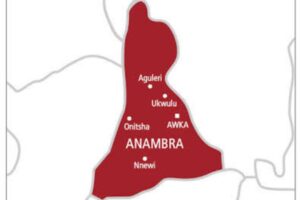Budget 2023: Senate begins debate on N20.5tr Appropriation Bill
The Senate yesterday passed the 2023 Appropriation Bill of N20,507,942,180,704.00 for second reading.
This followed the lawmakers’ consideration of the general principles of the Bill during plenary.
Also yesterday, the Upper Chamber adjourned plenary till November 15, 2022 to enable heads of ministries, departments and agencies (MDAs) of government to appear before relevant committees to defend their 2023 budget estimates.
The passage of the Bill followed a debate on the general principles of the 2023 fiscal document by the Upper Chamber.
President Muhammadu Buhari had, last Friday, laid the 2023 Appropriation Bill, titled: Budget of Fiscal Sustainability and Transition, before a joint session of National Assembly.
In their contributions, some senators decried rising recurrent expenditure in annual appropriations.
Mohammed Ali Ndume (APC Borno South) called for comprehensive probe to unravel the cause of skyrocketing recurrent expenditure every year, despite the embargo placed on employment by the Federal Government and hundreds of retirees leaving the service daily.
According to him, the N8.2 trillion earmarked for recurrent expenditure in the proposed N20.51 trillion 2023 budget constitutes 43 per cent of the entire budget sum.
Other senators who made contributions included Tolu Odebiyi (APC Ogun West), Jibril Isah (APC Kogi East), Betty Apiafi (PDP Rivers West).
They also kicked against rising allocation of recurrent expenditure.
Senate Leader Abdullahi Ibrahim Gobir (APC Sokoto East) said the Bill “seeks to authorise the issue out of the Consolidated Revenue Fund of the Federation the total sum of N20,507,942,180,704.00 only for the year ending on the 31st day of December, 2023”.
He listed the basic assumptions and parameters of the proposed budget to include oil price benchmark of $70 per barrel and daily oil production estimate of 1.69 million barrels (inclusive of Condensates of 300,000 to 400,000 barrels per day).
Others are: an exchange rate of N435.57 per one U.S dollar; and projected Gross Domestic Product (GDP) growth rate of 3.75 per cent and 17.16 per cent inflation rate.
Also, members of the House of Representatives yesterday called for an increase in the N470 billion earmarked for the revitalisation of tertiary educations in the country and the welfare of lecturers to address the dwindling fortune of the Education sector.
The lawmakers also spoke of the need to be proactive and take decisive action towards ending subsidy on petroleum products.
They said it was necessary for the government to increase revenue generation to fund the annual budget rather than resorting to borrowing.
Speaking on the general principles of the 2022 budget presented by President Muhammadu Buhari to the National Assembly, the members expressed confidence that with proactive steps towards improving revenue generation, the government would borrow less to fund the 2023 budget.
But some lawmakers said the N470 billion the government budgeted for the sub-sector was too small to meet its challenges.
They suggested that the money be increased.











Post Comment